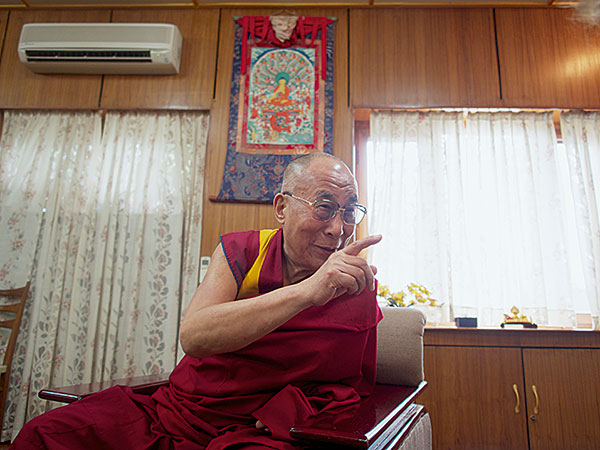In an interview with The Financial Times, the Dalai Lama explains why he has declined to condemn the wave of some 120 self-immolations in Tibetan areas—both to avoid implicating himself in orchestrating them, as Chinese authorities claim, and because he has no alternative to offer. From Amy Kazmin:
The Dalai Lama seems upset. “If I created this, then I have the right to say, ‘No, don’t do,’” he says forcefully. “This is their own creation: Tibetan people – inside Tibet. These people, I consider my boss. I am carrying their wish. I am not demanding, ‘You should do this, you should not do this’ … The causes of these things are created by hard-line officials. They have the responsibility. They have to find ways to stop this.”
[…] “One word,” he says, firmly. “Those self-burnings: these people, not drunk. Not family problems … The overall situation is so tense, so desperate, so they choose a very sad way … It is difficult to say, ‘You must live and face these unbearable difficulties.’ If I have some alternative to offer them, then I [can]say, ‘Don’t do that. Instead of shortening your life, please live long, and we can do this and this and that.’ But [I have] nothing – no alternative. Morally, [it’s] very difficult. There is no other choice but to remain silent, and prayer. Clear?” [Source]
Nevertheless, he says, he remains optimistic. The interview also covers relations with China and Chinese, dim prospects for his return to Tibet, his age and disavowal of independence, and his prayers that “the Chinese leadership should develop more common sense.”








